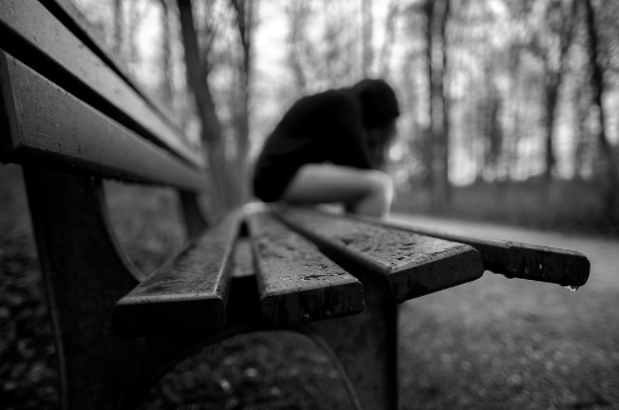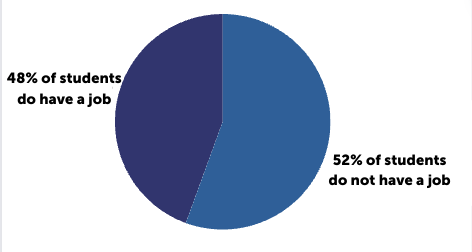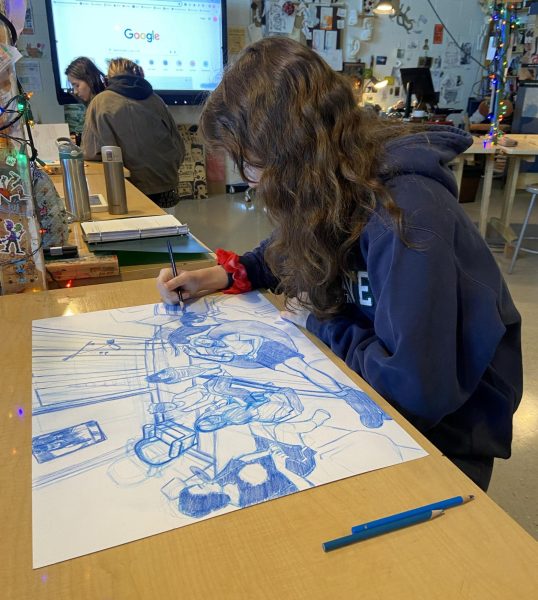The Apathy of Youth
Apathy is described as the feeling of not wanting to do anything and a sense of not caring about what is going on around you. This can be closely linked with depression and other mental health issues that affect one’s awareness. As the expectations get set higher for academic achievement, students start to feel less accomplished. Aspects of online and in-person socialism also play a role in the apathy that youth feel today.
Tony Jurich, a Family Studies and Human Services professor at Kansas State University, looked into the issue and told the Portland Press Herald, “Teens think they are invincible, so when they feel psychological pain, they are more apt to feel overwhelmed by hopelessness and the belief that they have no control over their lives.” Multiple psychological studies have revealed that the most common and recurring cause of depression among teengers revolves around social media. In 2018, 97% of the teenage population used a mainstream social application such as Snapchat and Instagram, and 45% agreed that it had a negative impact on their mental health. The majority of the other half stayed neutral, saying that it neither had a negative nor positive effect on them. Undercover High, an A&E documentary series, sent a group of 20 adults to a high school to see what it would be like living life as a teenager. They found that social media is the primary source of anxiety and depression as adolescents tend to compare their lives to what they see online.
Alison Shortt and Susan Spence, the authors of the book Behavior Change, agreed that “risk factors at the individual (genetics, biology, affect, cognition, behavior) and broader contextual levels (e.g., family, school, community) are proposed to interact, leading to the development of depression in youth.” Studies have shown that the pressure, bullying, and relationships in school also lead to major deficits in a teenager’s mental health.
The COVID-19 pandemic has affected everyone. For students, however, it has taken a toll on school and interactions with peers. An article by The University of North Carolina states that youth from before the pandemic to sometime in the first six months report increases of adolescent depression and negative effects. “Decades of research show that these youth are more likely to struggle in the classroom academically and socially. This presents the potential for a spiraling effect, with the renewed challenges of school undermining recovery for the growing number of youth who experienced mental health challenges at the beginning of the school year.”
With all of the mental health effects that come from various life challenges, whether it be school or issues in a juvenile’s personal life, it all comes back to create apathy and a sense of worthlessness. This leads to clinical issues that entice one to not want to participate in activities and stop caring about what is going on around them. People, specifically children, suffering from such an effect are more likely to miss out on major events that could be a turning point in their lives.

Your donation will support the student journalists of Woodgrove High School. Your contribution will allow us to purchase equipment, attend conferences, and cover our annual printing and website hosting costs.
















